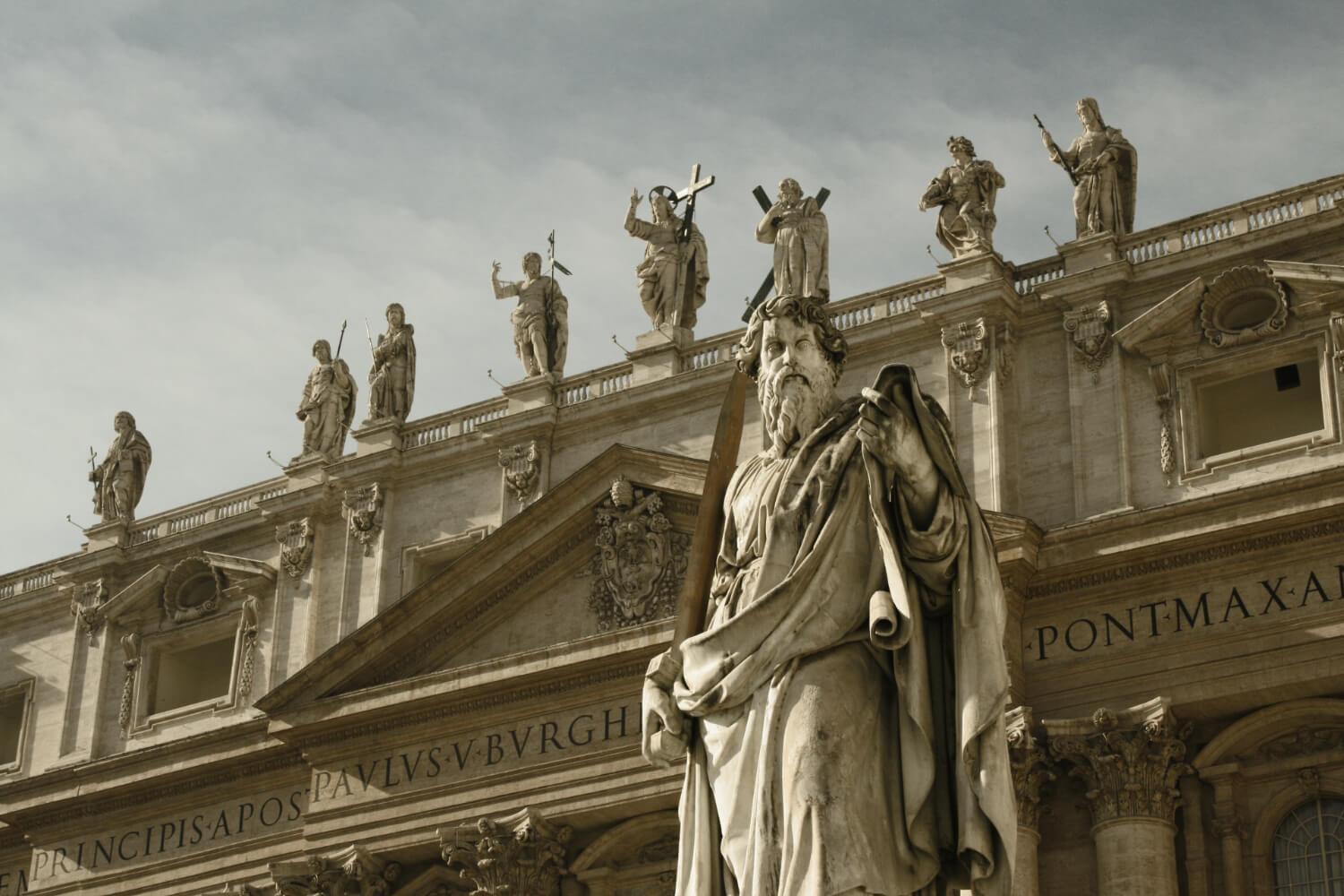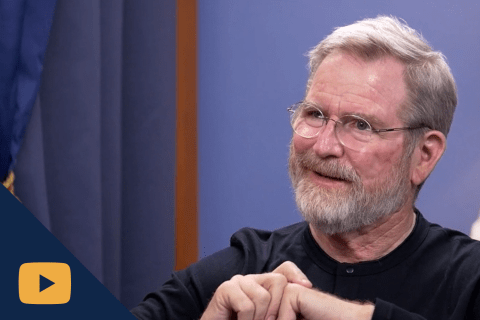
"Every human society possesses with more or less strength a moral and spiritual imaginative vision, a set of assumptions and a way of looking at things that is largely taken for granted rather than argued for. These fundamental assumptions provide the atmosphere the society’s members breathe and the soil in which the various institutions of the society take root and grow. Such a vision is holistic, a way of seeing things. It is usually secured by a religion that orders the deepest questions, but it includes more than what we usually call religion: not only a moral code, but also an accepted ideal of the good person, clear categories of success and failure, economic and political values and practices, legal codes and public policy, manners and modes of entertainment. Such a vision is the property not just of a few specially educated people but of the whole society. Some will understand and be able to articulate it better than others, but all will possess it. In a vigorous civilization this imaginative vision is more or less a settled matter, and the longer it is settled, the more deeply and unconsciously it is assumed. When a culture’s vision is seriously contested, the society will go into a crisis until its original vision is either reconstituted or overthrown and another overarching vision takes its place"(From Christendom to Apostolic Mission, p. 7).
When Christianity burst upon the world two thousand years ago, it brought with it a holistic vision of reality, a way of seeing. Rooted in the revelation of God to the Jewish people and fulfilled by the presence of God himself in the person of Jesus, the Christian vision has provided millions of people over thousands of years a way of understanding the world, a narrative of meaning and a set of fundamental truths by which the whole of life could be understood and interpreted. As Christianity has interacted with human societies and has engaged the imaginative visions of those various human cultures, the Christian vision has penetrated those societies to different degrees. Christ, the one who is truth, sifts and sorts every human culture, and by a process of purification he moves those cultures to greater truth and goodness. Some aspects of a given cultural vision need to be abandoned outright when the lens provided by Christ is brought to bear; other aspects need purification; others still are affirmed and strengthened. None are left unchanged. As with each individual he encounters, so with every human culture he touches, Christ brings what is fully human to completion, as he acts to heal human corruptions, drive out falsehood and darkness, and impart his own divine life.
It hardly needs to be said that the Christian vision is never fully received and implemented on this side of heaven, neither by individuals nor by human societies. The process is always ongoing since there are constant and powerful obstacles within the human heart that distort that vision. The task of personal and cultural engagement with the Christian vision is always beginning anew, as those who have become most permeated by its truths are taken from us and new human souls arrive who are just beginning the drama of life and are in process of learning how to see the world aright in their journey to their ultimate destinies.
The Catholic imagination seeks to describe the realization of the sacred in the concrete limitation of nature and human experience.
Among the key tasks of the Church in every age is the preservation and passing on of the Christian vision, such that each fresh generation can be given the opportunity to understand the true story of their lives. This task of incarnating and passing on the eternal things has always been important, but in our time it has become an urgent necessity. We are living among a profusion of narrative visions of reality, gospels of salvation that claim to know what it means to be human and that tell us how to walk life’s road. Many of these visions are hostile to Christian truth and are destructive of human happiness. Yet they so permeate our social and intellectual atmosphere that we often embrace them unconsciously. As a result, there are many Christians who have only a fragile hold on the Christian vision of reality, and tend to see the world through lenses that they have picked up along the way without realizing their origins or their fundamental assumptions. In the midst of this cultural kaleidoscope, Christians need once again to become skilled in the art of seeing truly. We need to perceive the Christian narrative vision in all its clarity and challenging grandeur so that it becomes a living story for us. We need to learn to work with Christ as he sifts and sorts the cultural environments in which we live, commending what is good, rejecting what is false or evil, and bringing to fulfillment all that is truly human.
Prime Matters, sponsored by the University of Mary, has come about in response to this urgent need of our time. We are convinced that it is important for all of us, and especially for the young minds among us still in process of formation, to be presented with the means of knowing how to get to the heart of things, of learning how to recognize first principles of thought and action in whatever is being proposed to us. With that in mind, our hope is to provide a forum that encourages the art of seeing truly, that helps us to keep the contours of the Christian vision of ourselves, our world, and our ultimate destiny before our minds, and that awakens the Catholic imaginative vision in all its spiritual, intellectual, moral, and cultural depth and richness.
A few technical matters for navigating the site: In Foundations, readers will find materials meant to explain the most essential elements of the Christian way of seeing. In Perspectives, readers will find interviews and articles on a variety of topics and fields of study, undergirded by an integrative vision of the whole of things. Our Weekly Update will provide a news roundup meant to offer a global perspective of the Church and her interactions with the world, along with preparatory comments on upcoming Sunday Mass readings. Finally, our weekly Enrichment post will feature an incarnation of the Catholic vision in art, culture, or history as a further means of deepening that vision and bringing it more fully alive.

Next: First Principles
Prime Matters is interested in investigating the assumed first principles that undergird the Christian vision of the world, as well as those from which other views of reality around us arise.

Imaginative Vision
An imaginative vision forms the basis of action for societies and individuals alike, and the human imagination allows us to carry an entire world within our minds.


